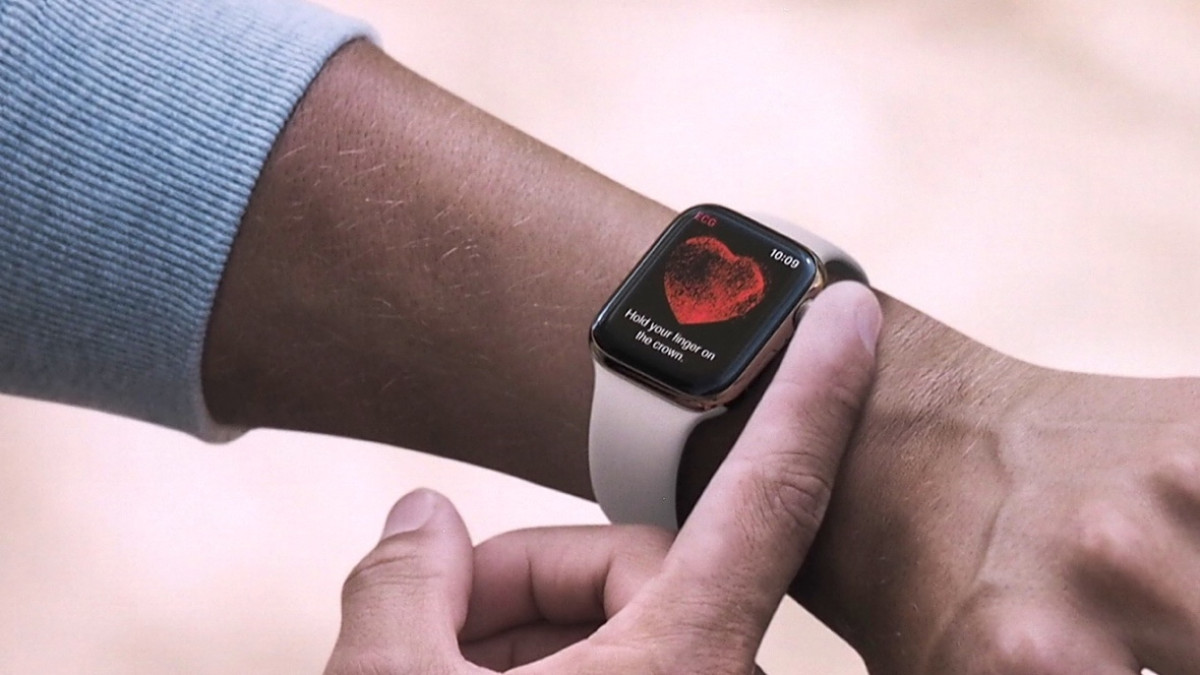
Apple beat Fitbit by bringing serious health monitoring to its smartwatch first on the Watch Series 4. But these are not the only two companies that are getting serious about health and thinking about life beyond helping you burn calories.
With heart rate monitors now a mainstay for fitness trackers and smartwatches, wearable makers want to take things further with heart rate tracking and use those onboard sensors to explore how it can take better care of your heart as well. Specifically, they're looking at how to detect something called atrial fibrillation.
Read this: Why ECG is a big deal on the Apple Watch Series 4
We've tried to get to grips exactly what atrial fibrillation is, why companies like Apple and Fitbit are trying to tackle it and find out about the wearables that are already trying to make a difference.
What is atrial fibrillation?
According to the American Heart Association, atrial fibrillation refers to having a quivering or irregular heartbeat (also known as arrhythmia). When your heart beats normally, it should contract and relax. Atrial fibrillation occurs when erratic or extra electrical signals impact on the heart's natural pacemaker, which helps this normal contracting process take place causing the heart to quiver or beat faster.
Why it's a big deal
Well, the heart is the most important organ in the body, so when it's not working properly or the cardiac cycle process breaks down, that is a big problem. Atrial fibrillation and an irregular heartbeat can lead to the build up of blood in the atria (upper chambers of the heart), forming blood clots that could increase the chances of a stroke. It can also overwork the heart muscle and lead to heart failure. The American Heart Association states that at least 2.7 million Americans are living with the condition.
How it's diagnosed
Symptoms include chest pain, fatigue, dizziness, sweating or shortness of breath. The problem is that, much like with Fitbit's exploration of sleep apnea for instance, many of those suffering from the condition will not always display these symptoms, making it difficult to detect without a physical examination.
The challenges
Detecting an irregular heart beat is a big step up from, well, counting steps. So the tech that's going to make it happen needs to leave no margin for error.
In the case of Fitbit for instance, its director of research Subramaniam Venkatraman revealed that the company was closely exploring heart health. It's utilising existing PurePulse optical heart rate sensors to collect data and detect AFib.
A concern is that optical heart rate sensors have come under scrutiny in the past with concerns over accuracy. Venkatraman acknowledges that using these sensors to detect irregular heartbeats is only reliable when someone is stationary or asleep and might require the company to look at EKG heart rate monitors, which measures electrical activity in the heart. This is the method commonly used in hospitals and has been for many years now.
Another challenge faced by all companies is getting approval or clearance from the appropriate regulatory bodies (like the FDA in the US for instance). When you start to talk about diagnosing serious medical conditions, wearable tech companies will need ensure it does everything right to make this a device that can be relied on.
How wearables are already taking on atrial fibrillation
The majority of wearables with heart rate monitors that we've come across so far have focused on the role of HR data with fitness, but there is a new breed of of devices that are keeping closer tabs on heart health.
Apple Watch Series 4
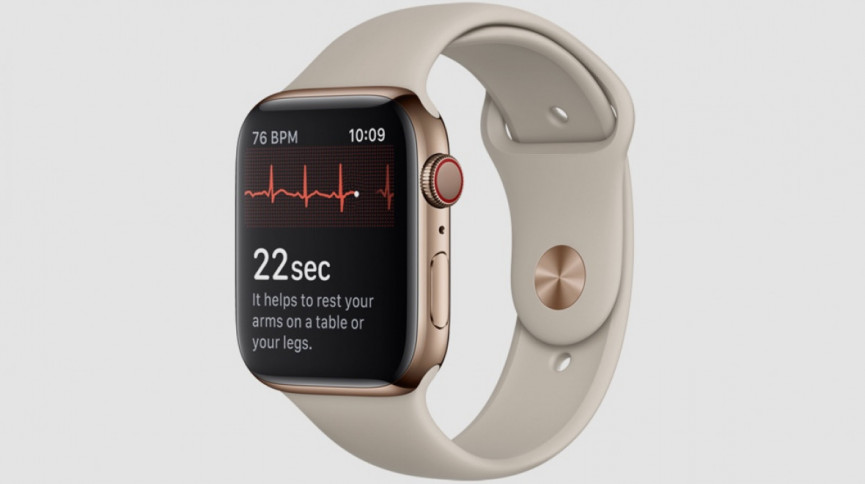
The most high profile wearable that promises to detect Afib is the Apple Watch Series 4. It features an ECG sensor that along with a companion Watch app delivers a 30 second ECG examination to check for atrial fibrillation. The Watch's ECG feature has been cleared by the FDA to detect irregular heart rate rhythms. That does though mean that until other medical bodies around the world give it the same clearance, it'll only be suitable for owners in the US for now.
Amazfit Health Band 1S
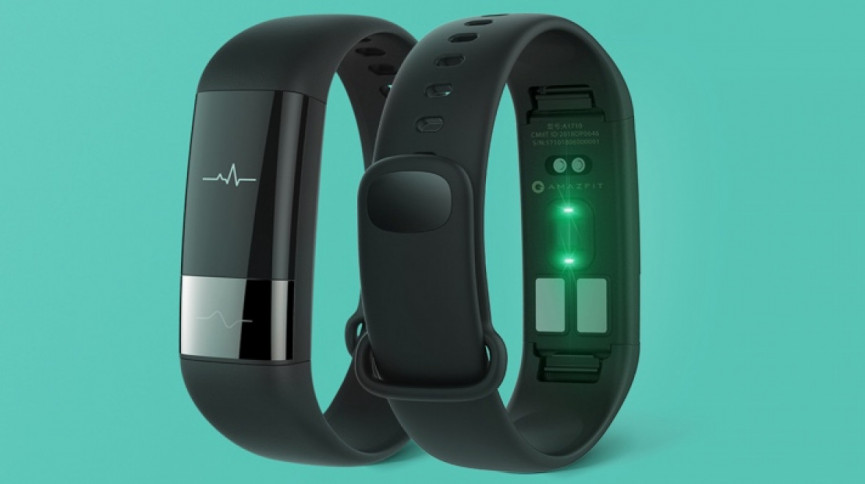
Huami, makers of Xiaomi's Mi band budget fitness tracker and the Amazfit wearable range, actually introduced an ECG sensor to its Health Band in 2017. Now the new Health Band 1S builds on that feature using the onboard PPG sensor to screen the user's heart rate rhythm in the background, It can then send an alert if arrhythmia including atrial fibrillation is detected. It's going on sale in China for now for 699 Yuan, (roughly ), but hopefully it won't be too long before we see the wearable rollout to other countries too.
Around , us.amazfit.com
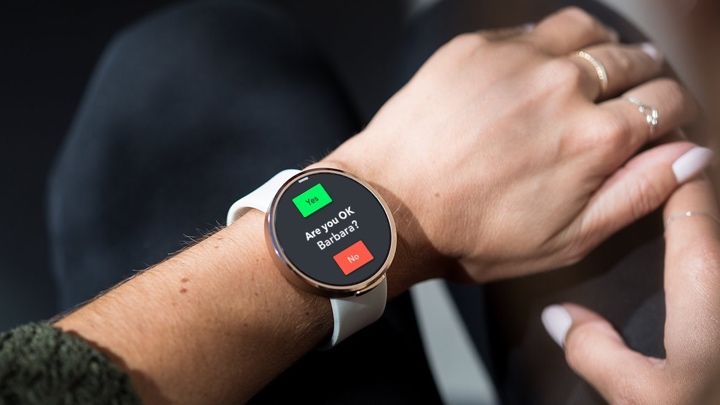
The iBeat smartwatch promises to detect heart rate anomalies including atrial fibrillation and will alert the user when it notices irregularities. If the user doesn't reply, it will notify emergency contacts and can even pinpoint their location with GPS if something happens when you're out and about. iBeat raised funds through crowdfunding to build the wearable and is now available to buy.
$249, ibeat.com
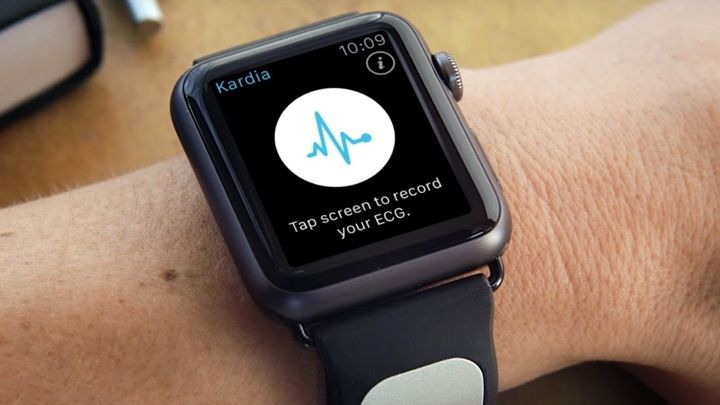
Before Apple added ECG monitoring into its own smartwatch, AliveCor had the FDA cleared Kardia Band, which offers heart health tracking for the Apple Watch. The Kardia Band uses electrocardiogram (EKG) technology, which detects the electrical activity produced by a heartbeat offering real-time detection of AFib. If you don't want to buy the Watch Series 4, you can always invest in this instead.
, alivecor.com | Amazon
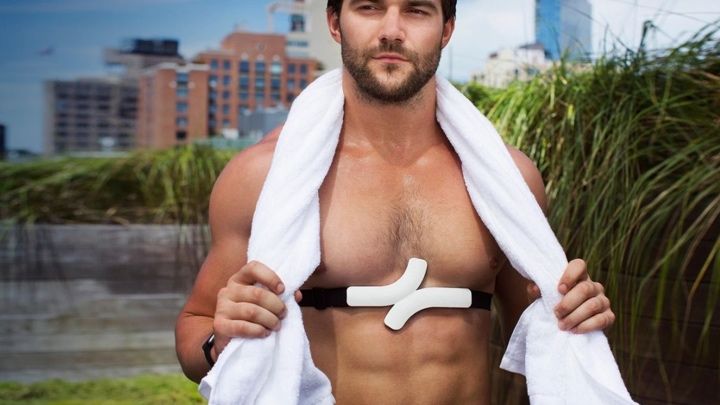
QardioCore's chest strap is a medical-grade ECG (electrocardiogram) wearable that will send live data on your heart rate, heart rate variability, respiratory rate, temperature and activity to your phone. Like AliveCor's Apple Watch strap, the QardioCore is designed as a preventative, everyday (or week) health monitoring device to be used at home in between check ups.
£449, getqardio.com
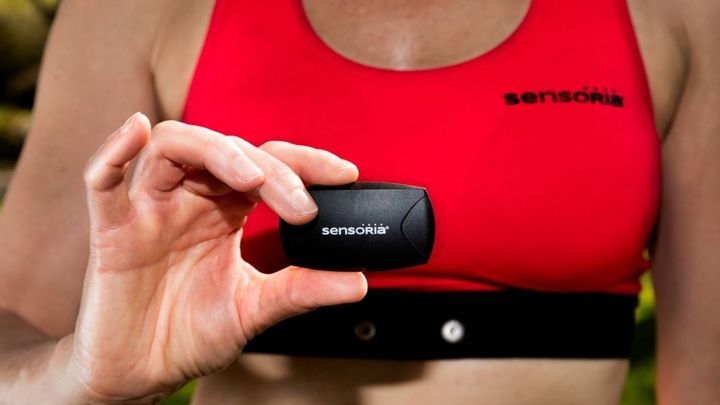
Sensoria is best known for its smart clothing and with its second generation connected clothing range can monitor fitness but also keep a close eye on heart health. The machine washable sports bra and t-shirt has the ability to monitor heart rate variability (HRV), but also includes an alert system that constantly monitors the user's probability of cardiac irregularities during exercise.
The new cardiologist designed algorithm is able to offer a real-time alert countdown to confirm that the user is still conscious. It can also send an alert to select family or friends through a text message, and even locate you through GPS coordinates via your phone.
How we test
